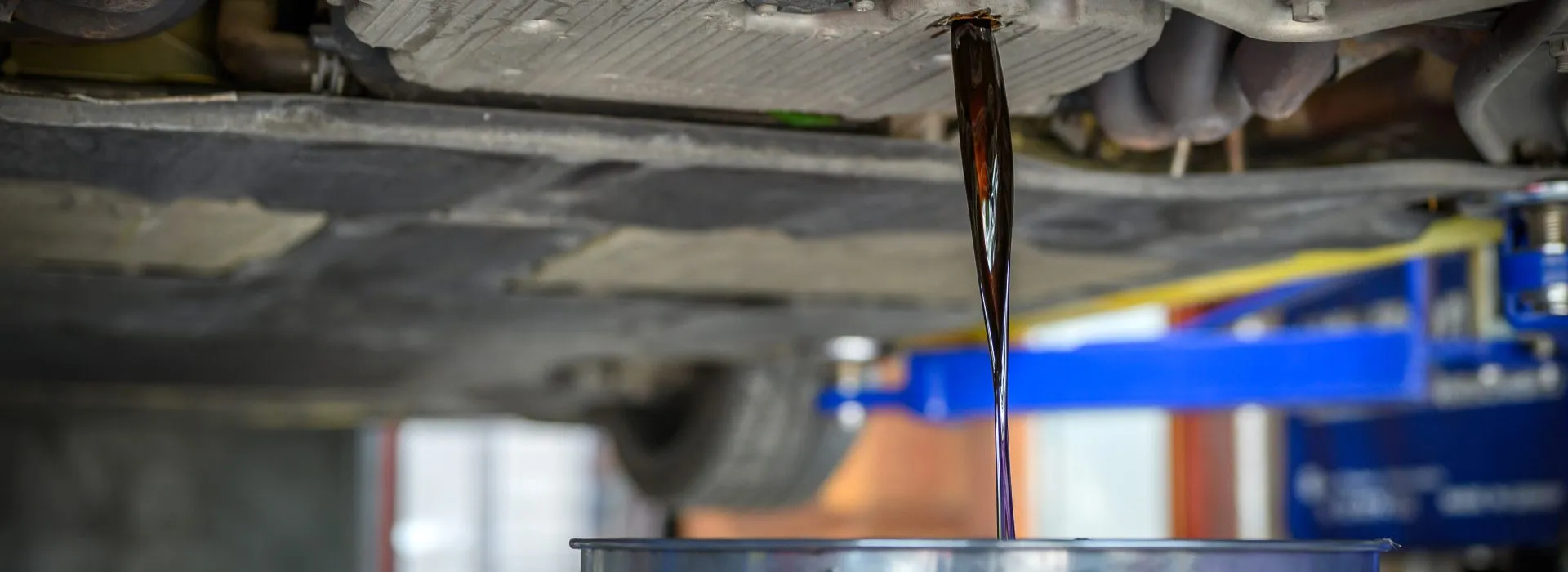
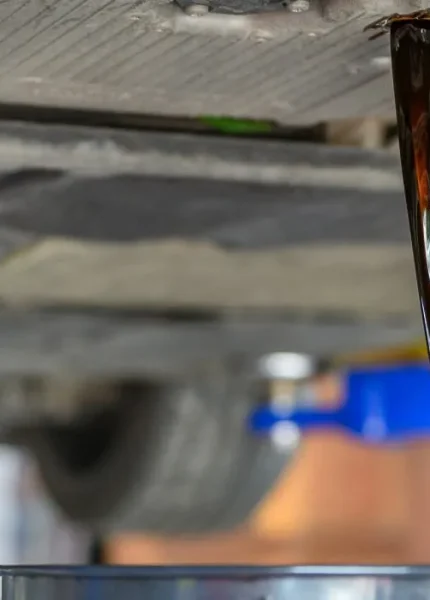
Home . Oil Change . Gearbox Oil Change
Gearbox Oil Change Prices
How we work
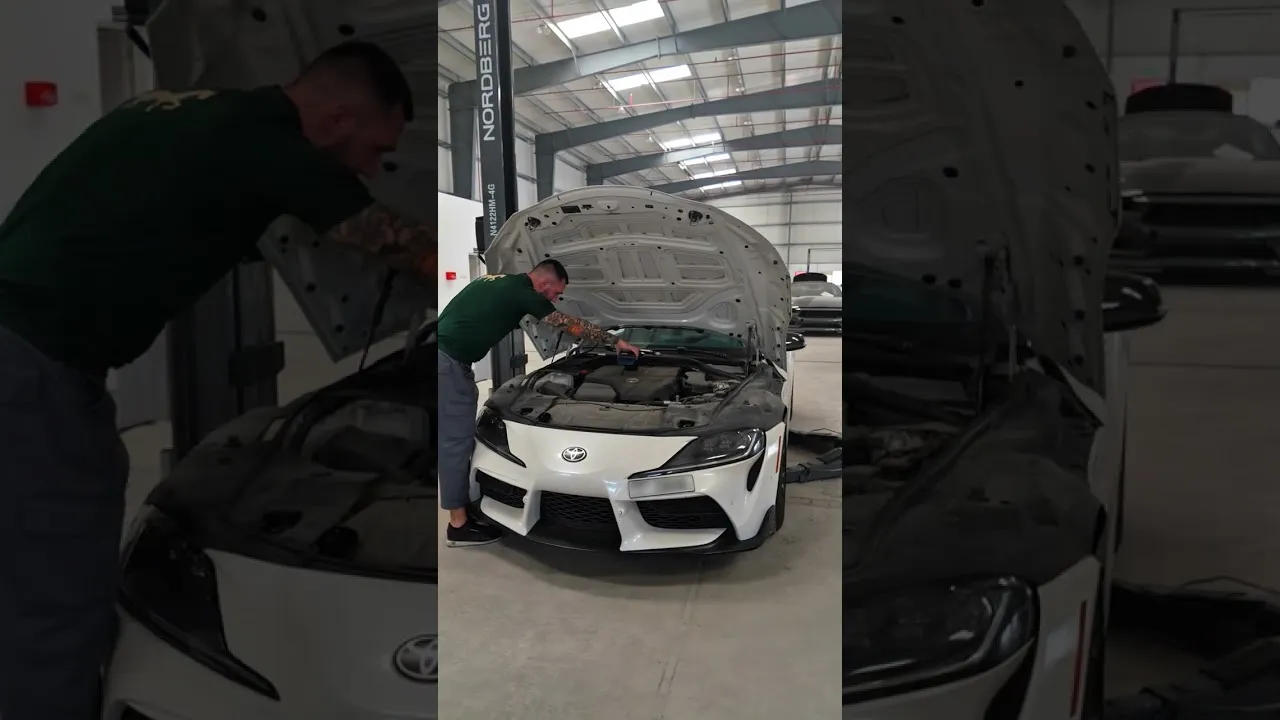
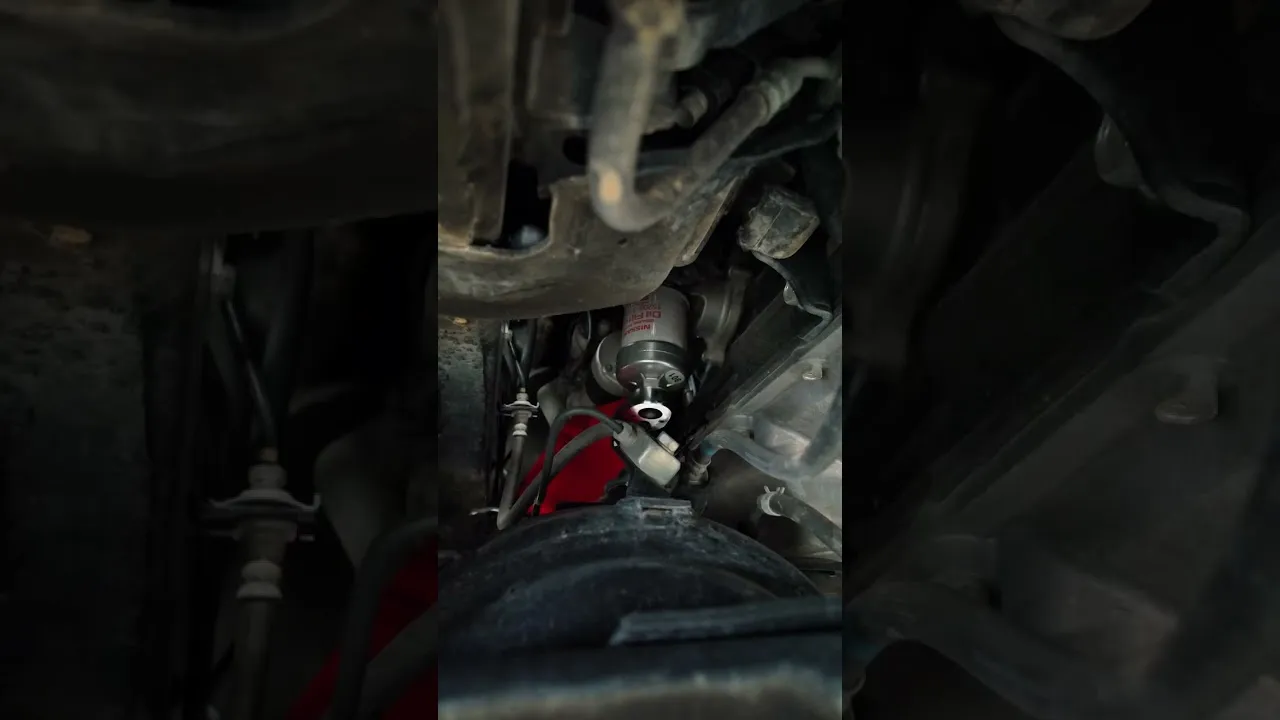
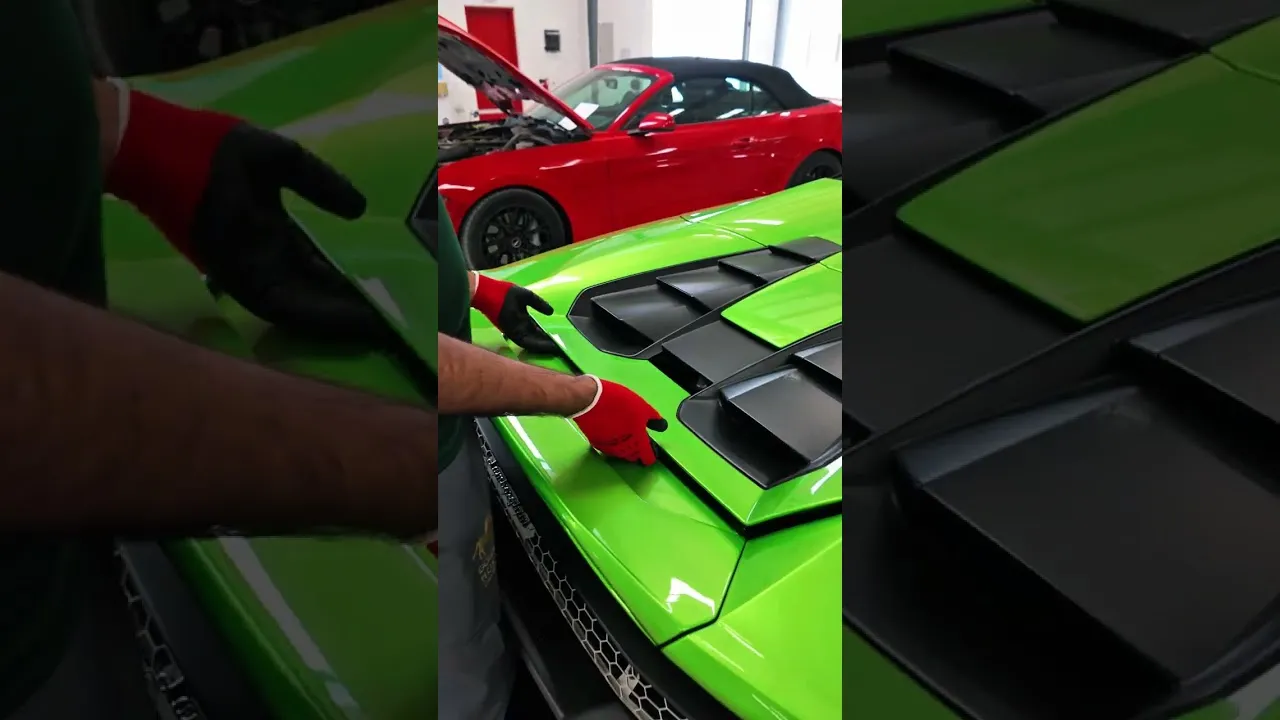


Gallery
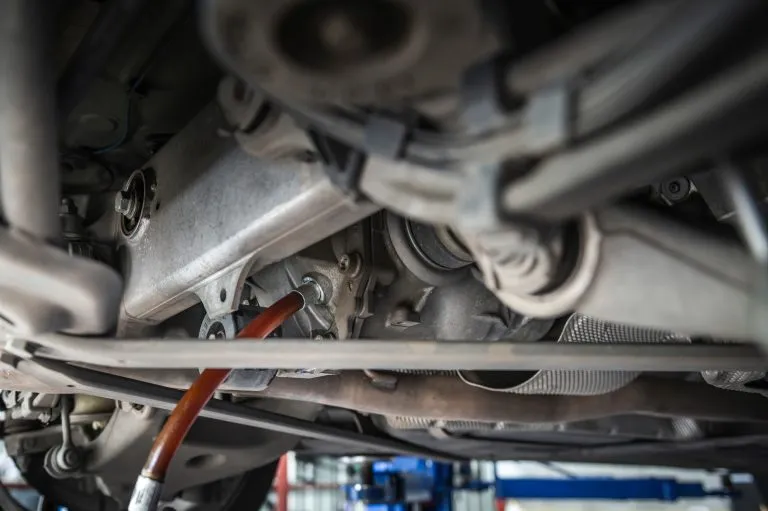
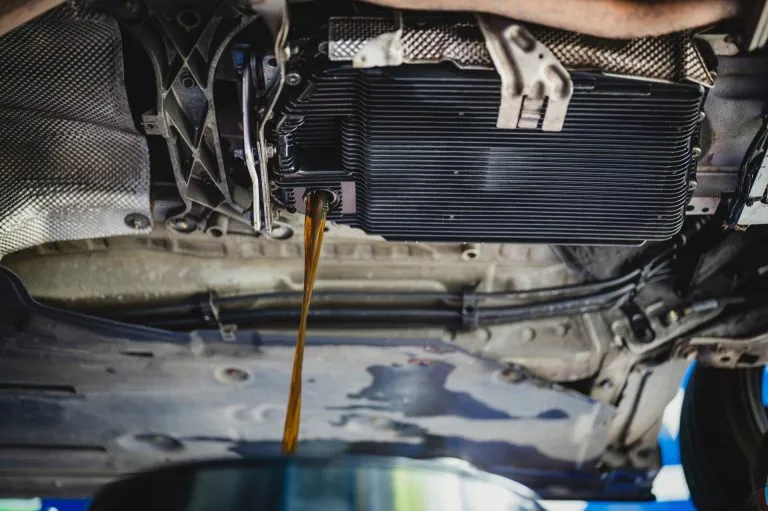
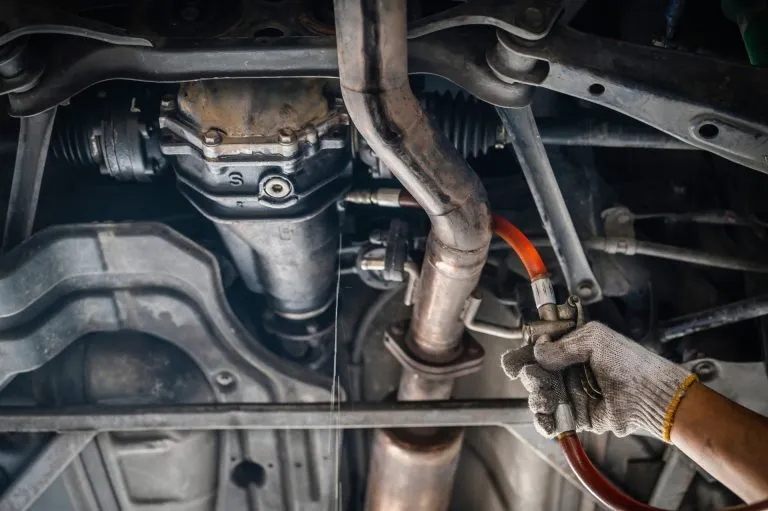
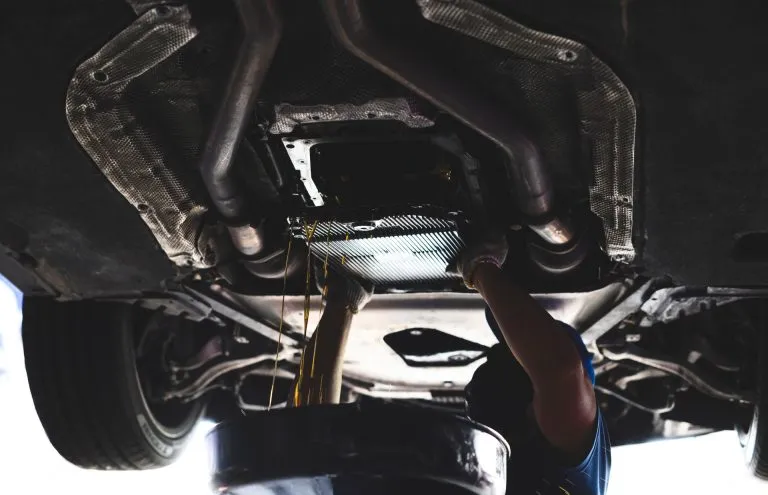
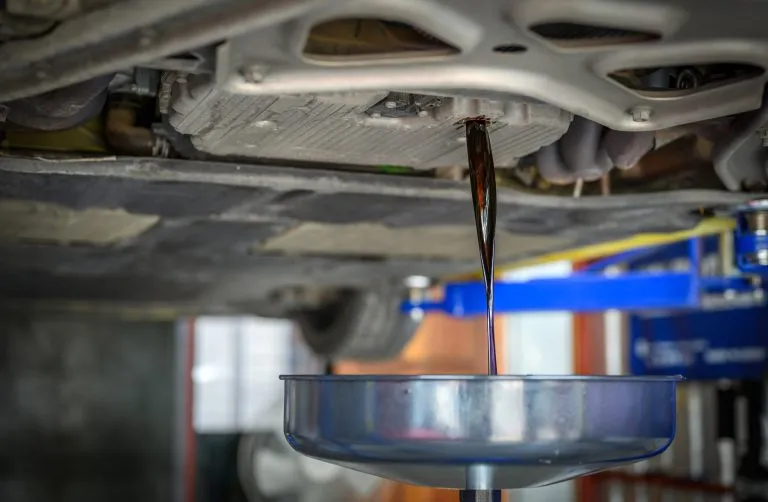
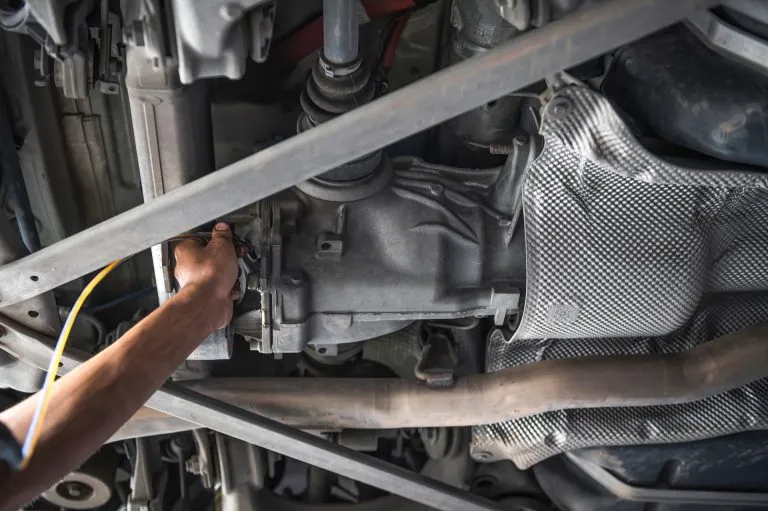
Related Services
Reviews
Team









FAQ
How much does it cost to change transmission fluid in Dubai?
What happens if gear oil is not changed?
What does a gearbox oil change include?
When should I change gearbox oil?
Book An Appointment
Your car runs smoothly and efficiently thanks to the gearbox oil, which acts as a vital lubricant for the automatic gearbox internals, reducing friction and wear and tear. To keep your automatic transmission performing at its best, it’s essential to change your gearbox oil regularly. In the UAE, especially in Dubai’s hot climate and stop-and-go urban traffic, the quality of the transmission fluid degrades faster, making fluid change and regular gearbox oil maintenance even more crucial.
Proper transmission service with new oil helps ensure smoothen the gear shifts, prevents your gears from grinding, and can extend the life of your gearbox. Regular maintenance not only keeps your vehicle, whether it’s an Audi, a Mercedes, a BMW, or any other brand, running smoothly but also helps you avoid costly repairs. If you want your car to run like new and enjoy a smooth gear experience, timely gearbox oil changes are a must in any reliable auto service routine.
Why Do I Need a Gearbox Oil Change? Importance of Regular Gearbox Oil Change Services
Regular gearbox oil changes are a fundamental aspect of vehicle maintenance that should never be overlooked. The gearbox oil is not just a lubricant; it plays a vital role in ensuring that your transmission operates smoothly and efficiently. By prioritizing regular oil changes, you can enhance your vehicle's performance, prevent costly repairs, and ensure a safer driving experience. If you are looking for “gearbox oil change near me”, here is the whole list of benefits:
- Preventing Damage and Wear. New oil also reduces friction among components significantly, preventing unnecessary wear and tear. Transmission fluid degrades with age and reduces its effectiveness, generating friction and heat in the gearbox. This results in costly repairs or transmission failure if the issue is recognized too late. Oil change provides top performance at all times and protects your investment in your vehicle.
- Smooth Gear Shifts. Good oil impacts the smoothness and ease with which you shift gear. If the oil is clean and has the right viscosity, it makes you shift gear smoothly, and riding is smooth. Slipping of gears, hard shifting, or gear failure is felt when the oil is low or old. They keep your car transmission responsive and trustworthy by regular gearbox oil change.
- Extending Transmission Life. Regular maintenance, for example, oil change when required, makes your gearbox stronger. When you utilize new and fresh oil, you can be sure the transmission will always be in perfect condition for the years to come. A serviced gearbox also ends up saving you a lot of money in the long term since it reduces maintenance expenditure and prolongs your vehicle's life generally.
When Do I Have to Change My Gearbox Oil? Signs That You Need to Change Gearbox Oil
Recognizing the signs that your gearbox oil needs changing is crucial for maintaining the health of your vehicle's transmission. Ignoring these indicators can lead to significant issues down the road, including increased gearbox oil change cost, repairs, and a lower vehicle performance. Below are the issues you should address to prevent potential problems before they escalate.
- Slow Shifting Gears. Slow or hard shifting gears is a sign that the oil change time has arrived. It's a sign the oil has run out and thus is no longer lubricating the system as it should. Failing to heed such a sign can lead to you having a more complicated problem with the transmission that will cost you a lot to repair.
- Strange Sounds. Grinding, whining, or clunking sounds from the transmission can typically be attributed to low or dirty gearbox oil. These are not something you can just ignore and might be a sign of internal damage. If you do notice some strange sound, have your car inspected by a professional immediately.
- Oil Leaks. When you see the puddles of the transmission fluid on the floor under your car, you acknowledge that you have a problem to be solved. The oil draining makes the levels decrease, thereby subjecting the operation of the transmission to additional strain. Maintaining the checkups will keep you on an alert to ensure that the leaks get identified early enough such that the problem gets handled.
Transmission Oil Change Process: From Oil and Filter Replacement to Gearbox Oil Leak Check
Understanding the gearbox oil change process is essential for ensuring that your vehicle's transmission remains in optimal condition. This process involves several key steps that help maintain the health of your gearbox and prevent potential issues:
- Diagnosis and Preparation. Gearbox oil change begins with the examination of the quality of the current oil and determining if and when to replace it. A technician looks at the color, consistency, and existence of contamination in the fluid. The diagnostic step is taken to review the status of your transmission and repair any faults at their foundation.
- Draining Old Oil. The second is removing the old fluid from the gearbox. This one removes all of the old, stale oil so new oil can enter the system. The old oil needs to be disposed of responsibly because it's toxic waste.
- Replacing Filters (if applicable). If your vehicle features an oil filter system, then it will need to be replaced in order to keep the new oil clean and pure. The grimy filter might limit the flow of oil and reduce the performance of the new oil, thus it is an excellent routine to keep the transmission performance at optimal level.
- Filling New Oil. You will need to have the proper oil for your gearbox. After the old one has been drained off and the filters have been replaced, new oil is added in the system, which needs to be as per the requirement of the manufacturer. Not only will the performance be great with proper oil, but your transmission won't get damaged at all.
- Checking for Leaks and Testing. Finally, the technician will test for any leaks and then take the gearbox for a test drive to ensure that the gearbox is in top shape following the oil change. This is simply to double-check that the job was successful. A test drive can be done successfully thereafter to ensure the transmission is changing gears flawlessly and there are no irritating sound or performance issues.
Change Your Gear Oil: Book Your Gearbox Service in Dubai Today
Don't delay! Book your gearbox oil and filter change in Dubai now. Our workshop is conveniently located in the heart of the city and offers a quick turnaround and online booking convenience. We offer you a high quality of service at affordable prices so that you can have peace of mind that your car is well taken care of.
At Golden Horse Car Service, we understand that wellbeing extends beyond just your vehicle’s performance.



